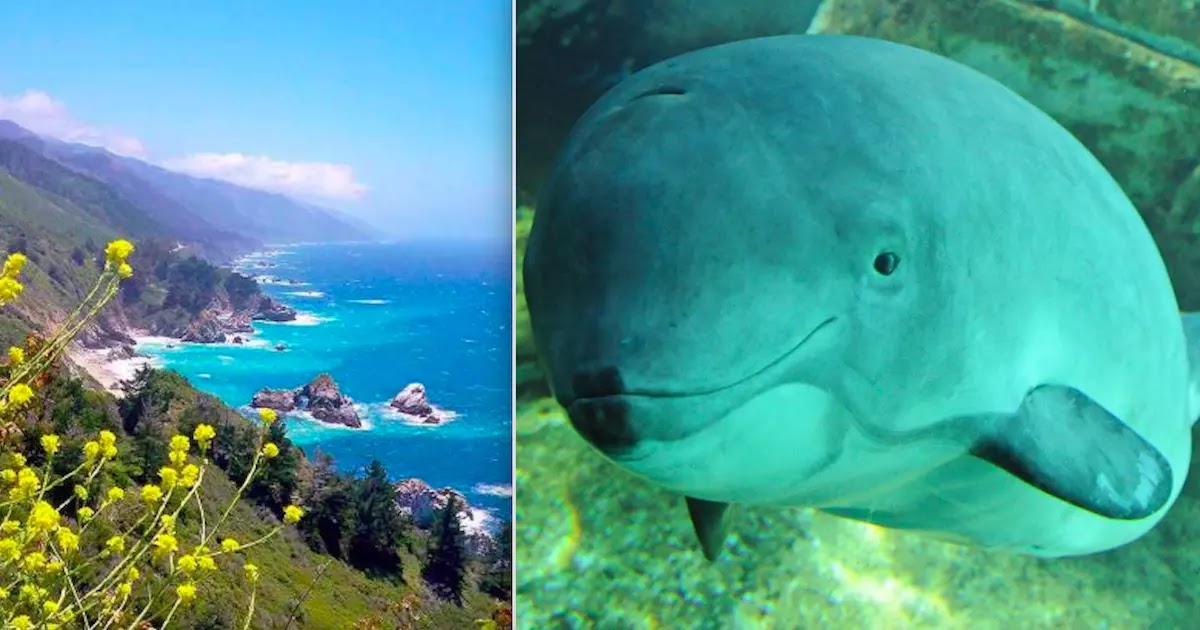
According to new data released by researchers, Harbour Porpoises and White Sharks have seen a great boost to their numbers as a result of a ban on 'gillnets' off the California coast.
The National Oceanic and Atmospheric Administration have now been studying the numbers of animals off the California coast for decades and their new data suggests that the number of harbour porpoises have increased by 8,200 in the area containing Monterrey Bay, Morro Bay, Santa Barbara, and the San Francisco and Russian River systems. In Morro Bay alone, the porpoise population grew from 570 individuals in 1990 to over 4,000 by 2012. The data is some good news at a time when over-fishing and plastic pollution has led to the deaths of a very large number of marine animals.
Gillnets are huge vertical panels which are placed into the ocean to catch fish. Due to their huge size, they not only catch a lot of smaller fish, which are used for food by the porpoises, but also entangle porpoises themselves and other animals such as white sharks. Since the gillnet ban, there have actually been only a few reports of white sharks being accidentally caught.
Since 1987, authorities and governing bodies across California have imposed a ban on these fishing methods due to their destructive capabilities. This decline in the use of gillnets has therefore likely resulted in far fewer larger animals being caught and allowed their numbers to flourish. Many countries across the world impose complete bans on this fishing technique.
Karin Forney, a marine biologist with the National Oceanic and Atmospheric Administration, said of the porpoise and white shark populations:
"Nowhere in the world has a harbour porpoise population ever been documented to rebound from past gillnet impacts. Harbour porpoises show that if you stop killing them, thank you, they can return. That they're capable of recovering. They have a resilience and they will rebound if we just let them."
Harbour porpoises are one of the smallest toothed dolphins in the world and are notoriously shy creatures who tend to avoid human contact whenever they can but do, as their name suggests, live near the coast whilst also travelling up rivers, often for several hundred miles.
Harbour porpoises are much smaller than other whales at only around 6 feet long. They weigh around 50 to 80 kgs, with the females being substantially larger and heavier than the males. While the creatures are regarded by conservationists as vulnerable their global population stands at around 700,000.
[h/t: Good News Network]













COMMENTS